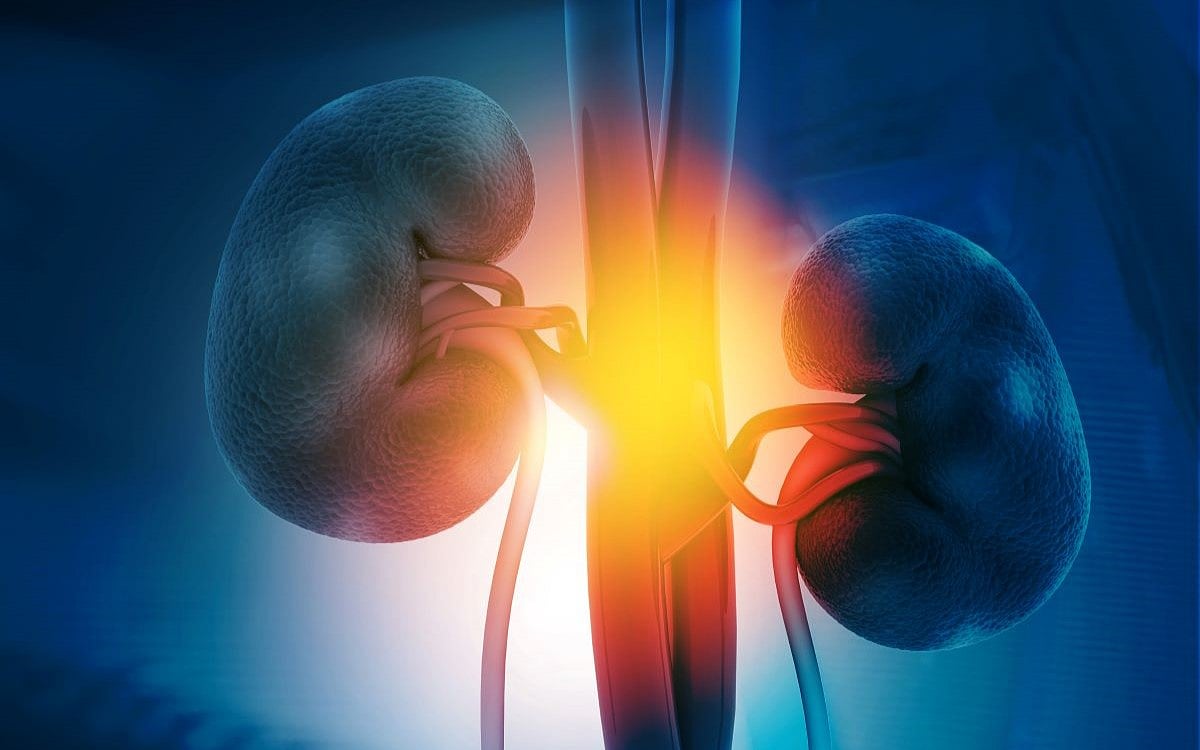Get Healthy!

- Ernie Mundell
- Posted February 6, 2025
Therapeutic Vaccine May Fight Advanced Kidney Cancer
A small, early trial of a vaccine that mobilizes the immune system to battle advanced kidney cancers appears successful, researchers report.
The "personalized cancer vaccines" (PCVs) used by the nine patients in the trial were targeted to genes specific to their tumors, explained a team led by Dr. David Braun of the Yale Cancer Center in New Haven, Conn.
These therapeutic vaccines caused the patients' immune systems to seek and destroy stray cancer cells left over after tumor-removing surgeries.
“The idea behind this trial was to specifically steer the immune system toward a target that is unique to the tumor,” said Braun, who is assistant professor of medicine, pathology and urology at the Yale School of Medicine.
"We want to improve post-surgery treatment options that reduce the risk of the cancer coming back," he added in a Yale news release.
The findings were published Feb. 5 in the journal Nature.
The new trial focused on patients with advanced, stage 3 or 4 clear cell renal [kidney] cell carcinoma (ccRCC).
Immune-centered therapies against cancer cells already exist, but they aren't engineered to target the DNA of specific tumor cell types, the Yale team explained.
The PCVs used in the new trial were designed to target gene mutations common to ccRCC tumors, which make up about 80% of all kidney cancers.
Typically, oncologists will first send patients with these cancers to surgery to remove the tumor, followed by some form of immunotherapy.
The new trial of nine patients was only designed to see if PCV as immunotherapy was safe and feasible.
Five of the patients underwent surgery followed by treatment with a PCV plus the immunotherapy drug ipilimumab (Yervoy), while the other four underwent surgery followed by treatment with a PCV only.
All nine patients showed elevated levels of the immune system's cancer-fighting T cells that began within three weeks of treatment. This lasted for years afterward, the research team reported.
In seven patients, the T cells were able to effectively recognize the patient's specific tumor cells.
“This strong and durable activation in T cells was encouraging and indicates that we're able to generate a long-lasting, anti-cancer immune response with the vaccine,” Braun explained.
The researchers noted that it did not seem to matter whether a patient who received a PCV also got ipilumumab, in terms of their T cell response.
Aside from some flu-like symptoms, experienced a day or two after the vaccine was given, no one experienced severe side effects.
The Yale team stressed that this was a preliminary, phase 1 trial, and success in larger phase 2 and 3 trials is needed for U.S. Food and Drug Administration approval. A phase 2 trial is already underway, Braun noted.
The study was funded by the U.S. National Institutes of Health.
More information
Find out more about kidney cancer at the American Cancer Society.
SOURCE: Yale University, news release, Feb. 5, 2025







